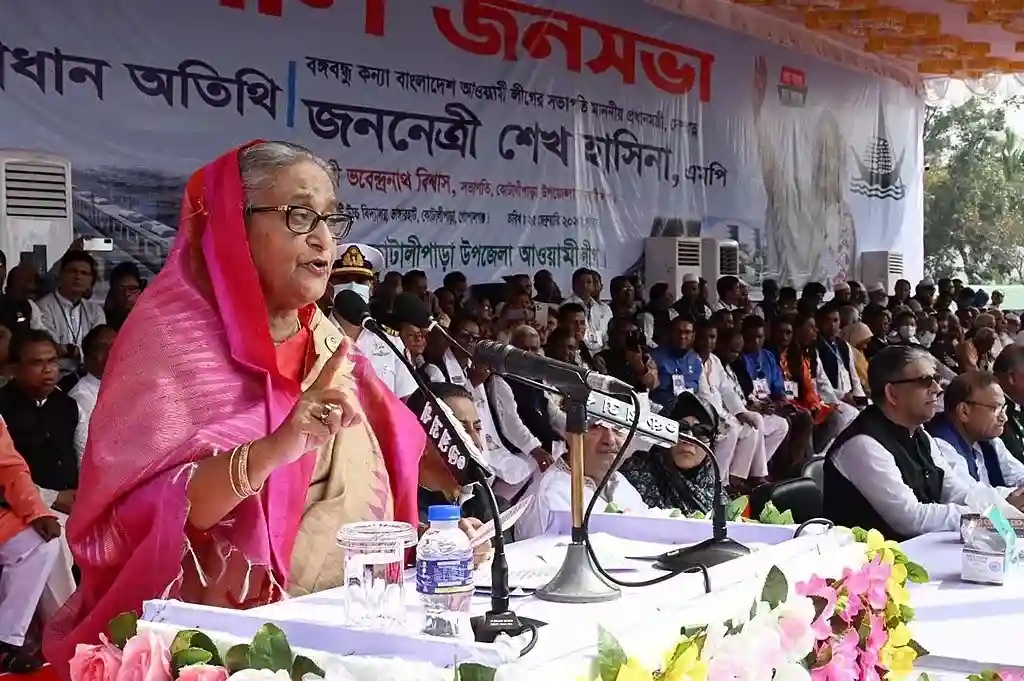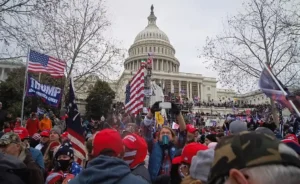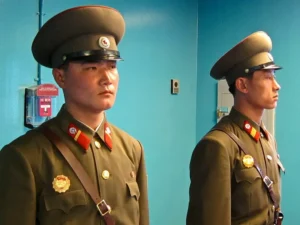The recent general election in Bangladesh unfolded amidst a notable absence of widespread citizen participation, marking a crucial juncture in the country’s political landscape as Prime Minister Sheikh Hasina seeks a fourth consecutive term.

During a general election in Bangladesh, citizens largely refrained from participating, marking a significant event poised to grant Prime Minister Sheikh Hasina a fourth consecutive term.
The main opposition party’s boycott and instances of violence have cast shadows over the legitimacy of the election, prompting concerns about potential one-party dominance by Hasina’s Awami League in the country with a population of 170 million.
Rights organizations have cautioned against the implications of the boycott by the Bangladesh Nationalist Party (BNP) and smaller allies, suggesting a scenario of virtual one-party rule. Notably, the United States and Western nations, pivotal customers of Bangladesh’s garment industry, have emphasized the importance of a free and fair election, urging transparency in the electoral process.
While the election commissioner reported a turnout of approximately 40% upon the polls’ closure, a stark contrast to the over 80% turnout in the previous 2018 election, the initial results are anticipated on Monday.
Several irregularities marred the election, leading to the cancellation of voting at seven centers and disqualification of an Awami League candidate for intimidating security officials.
The BNP, which has boycotted two of the past three elections, asserts that Hasina’s party is attempting to legitimize an unfair vote. Their demands for Hasina’s resignation and neutral oversight of the election were rebuffed, with accusations of inciting anti-government protests and subsequent violence being traded between the opposition and the ruling party.
Despite Hasina’s acclaimed economic achievements in her 15-year tenure, criticism persists regarding alleged authoritarianism, human rights violations, and suppression of dissent.
Violence surrounding the election escalated with fatalities, including deaths in a train fire labeled as arson by the government. Instances of vandalism, such as burning polling booths, schools, and a Buddhist monastery, heightened tensions before the election day. Reports of clashes between supporters of rival parties emerged from various districts, accompanied by allegations of electoral fraud and ballot stuffing by ruling party affiliates.
The government deployed nearly 800,000 security personnel to safeguard polling stations, aiming to ensure a peaceful voting process. Prime Minister Hasina, joined by her family, cast her vote early in the day, expressing confidence in her party’s victory and emphasizing the country’s sovereignty and the people’s significance.
Approximately 120 million voters were choosing from a pool of nearly 2,000 candidates contesting 300 directly elected parliamentary seats, alongside 436 independent candidates, marking a significant increase from previous elections.
The BNP, with its key leaders either incarcerated or in exile, accused the Awami League of fielding “dummy” independent candidates to enhance the election’s credibility, an assertion refuted by the ruling party.
Citizens expressed diverse opinions, with some voicing support for Hasina’s governance and the nation’s progress, while others highlighted concerns over economic opportunities and the absence of alternatives in the absence of BNP’s participation.
The economic landscape, affected by external factors like the Russia-Ukraine conflict, has compelled Bangladesh to seek IMF assistance. This scenario has raised questions about the nation’s economic stability and future prospects.
Amidst these circumstances, the election’s credibility and its acceptance among the populace stand as pivotal factors in determining Bangladesh’s political trajectory and future governance.







